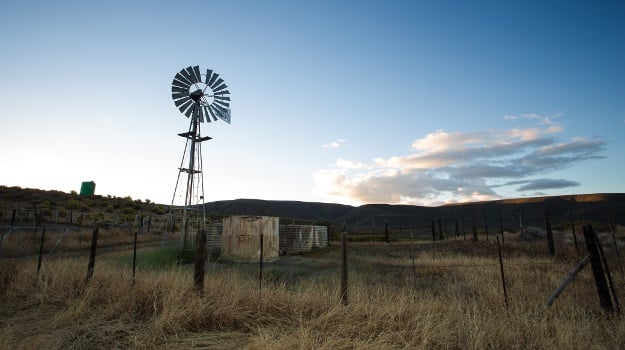
- Parliament’s Public Works and Infrastructure Committee heard oral presentations from several organisations on the proposed Expropriation Bill.
- Free State Agriculture, one of several organisations which made oral submissions, says long-winded processes have costed the state millions.
- This money, the FSA says, can be used to purchase land.
Money spent on land reform and land commissions should be used to buy land for reform purposes, instead of long-winded expropriation processes.
This is according to the farmer organisation Free State Agriculture (FSA), which believes South Africa’s already battered economy will be hit by worsening downgrades and disinvestment should laws that allow for the expropriation of land without compensation be enacted.
On Wednesday, Parliament’s Public Works and Infrastructure Committee heard oral presentations from several organisations on the proposed Expropriation Bill.
The bill is set to replace the Expropriation Act of 1975 that is inconsistent with the Constitution.
During the hearings, held virtually, FSA’s Jack Armour said any expropriation process should be underpinned by a proper land audit and register.
"The best way to help those really seeking land to use productively is to offer highly subsidised and capped credit for historically disadvantaged individuals, to enable them to purchase the land themselves with secure title. The repayment will scare off the opportunists," Armour said.
He said, should expropriation without compensation (EWC) laws be enacted, it would be disastrous for the country.
He said:
Inkosi Mwelo Nonkonyana, speaking on behalf of the Congress of Traditional Leaders of South Africa, said: "At a time, 87% of the land was occupied by whites. The original owners only owned 13%. The land belongs to the traditional communities, the kingships of communities. Governments change from time to time, communities will be there forever. The land must be returned to its rightful owners."
Piet le Roux, CEO of business group SakeLiga, said in his presentation that the bill would only worsen the country's economic situation.
"While there can be no doubt that South Africa’s expropriation law had to be brought in line with the Constitution, it is our considered view that the proposed bill not only falls far short of this ideal, but in fact entrenches various unconstitutional and even anti-constitutional rules of law. Additionally, the bill, including and particularly the notion of expropriation without compensation included therein, will only yield detrimental economic consequences if enacted," Le Roux said.
He said they did not deny the need for South Africa to have a lawful expropriation regime.
"Not because Sakeliga favours expropriation, but because no country in the world lacks such a regime, and the present Expropriation Act, 1975, contains many of the very same faults and problems evident in the Expropriation Bill under consideration," he said.
Even if the state assumed itself to be the final arbiter of property, its allocation decisions on final economic control of property (or assets) would still be centralised, he said.
"Such decisions may easily fall to political favouritism, cronyism, complex cumbersome bureaucracy, and the whims of current and future political leaders. Extreme state control, therefore, will most likely retard purposeful economic activity and reduce incentives to invest and produce value, which will harm the general living standards of all citizens.
"Certainty of private ownership of land in particular allows people to have exclusive control over parcels of space to facilitate valuable economic production, consumption, dwelling, and trade in land," he said.
Hearings continue on Thursday.
Did you know you can comment on this article? Subscribe to News24 and add your voice to the conversation.
